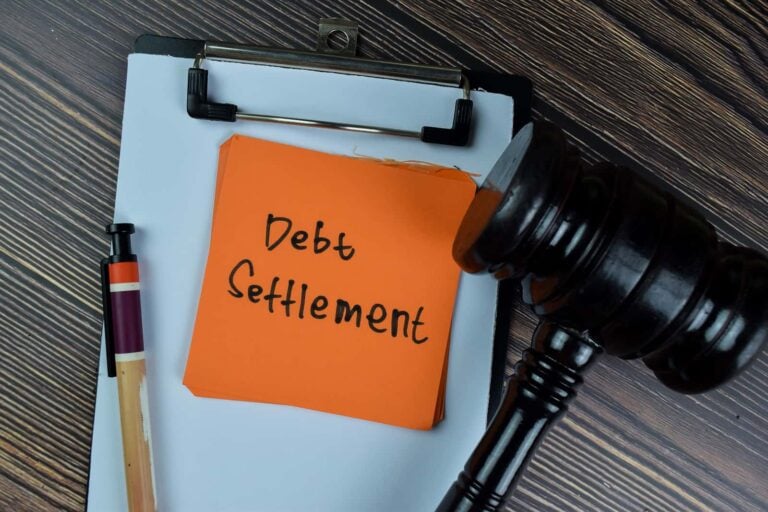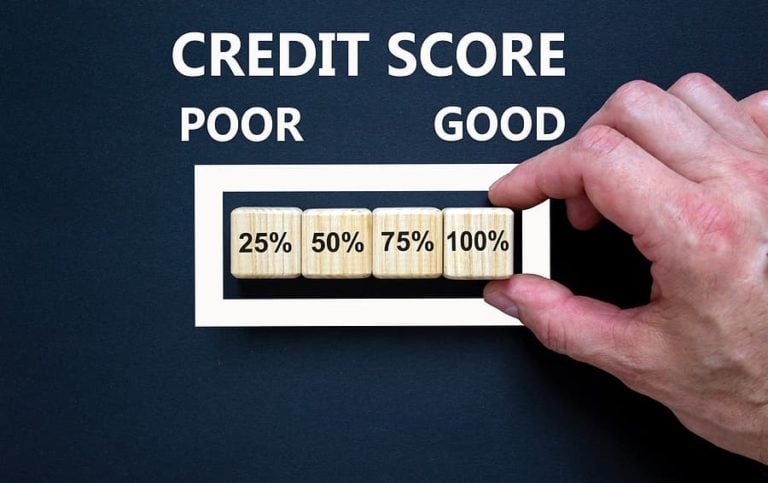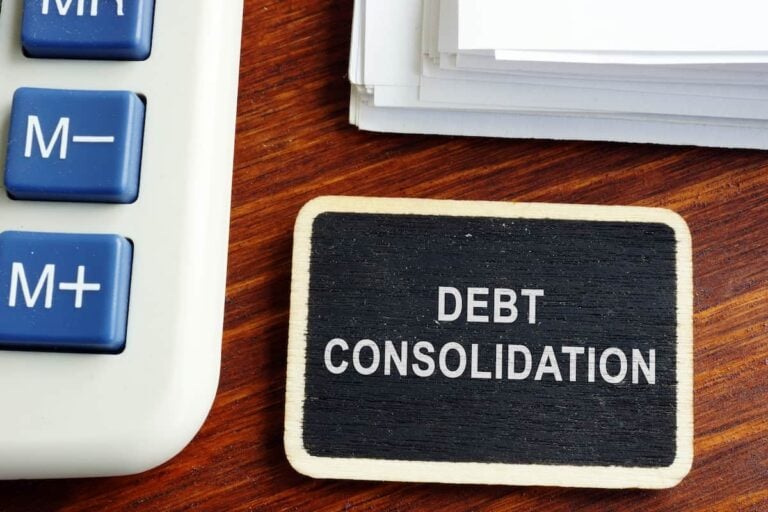Let’s face it – managing money is a complex process that involves a number of variables that vary according to every personal situation. There are income levels for various professions and stages of life, different spending habits, debt levels, differences in taste and lifestyle, whether someone is single, married or has children…the list goes on with a vast combination of different possibilities.
Therefore, there’s usually no one single best way to dispense advice related to personal finance help for any individual’s specific circumstances without delving deeper and understanding those specific circumstances first. However, that doesn’t mean that there aren’t sound principles that just about anyone can apply to help learn how to manage personal finances. Need personal financial help? Learn how to manage your personal finances with resources that can help you with budgeting, saving and building credit – even when in debt.
Personal Finance Help for People in Debt
One of the most expensive personal finance mistakes that a person can make involves carrying too much debt. Simply put, an excessive pile of debt – especially high interest rate credit card debt – will burn a hole in your pocket while making it harder to keep up with monthly expenses – let alone build a savings and investment cushion. If you’re already uncomfortably debt-ridden, there are a few steps that you can take right away. Number one is to get organized and to take inventory of all of your debts – who the creditor is, the balance, interest rate and minimum monthly payment. Get it all written down and understand that paying only minimum monthly amounts isn’t going to get you out of debt fast enough.
Throwing away thousands of dollars a year on interest expense is a terrible waste – think of all the necessities (and fun) you could buy with that money instead! And that brings us to another principle – getting clear on your “why” for getting out of debt faster – what will be the payoff at the end of the journey that helps you stay motivated while imposing necessary sacrifices upon yourself and your family? Getting out of debt isn’t easy and it isn’t fun – and that’s why you need to know your “why” and remind yourself of it repeatedly while you’re on the journey toward a debt-free lifestyle and what that will mean for you and your family in the future. Get clear.
Even though making consistent minimum monthly payments on your debt will build a responsible track record of repayment that results in a stronger credit score and profile, you’ll be in much better shape financially if you allocate additional discretionary funds each month toward debt repayment. This brings us to the necessary step of formulating a budget – and the 50/30/20 budget strategy is a good place to start. The 50/30/20 budget mandates that 50% of after-tax monthly income get allocated toward necessities (housing, food, transportation, utilities, clothing, etc.), 30% toward “wants” (restaurant meals, entertainment, trips – the sort of things we enjoyed a bit more of prior to 2020) and 20% to debt repayment and savings.
With this framework, right away, an allocation of as much as 20% of after-tax dollars is made toward debt repayment, and this is often enough to supersede combined minimum monthly payments. Furthermore, the nice thing about the 50/30/20 budget is that it still makes room for fun – the “wants” can be as high as 30% – yet for the next several months, it still can be the case that COVID-19 hampers spending in this category – making it all the more easier to pay debt off even faster!
How to Manage Your Personal Finances
Once you’ve organized your debts on paper and begun the budgeting process, it’s time to work on reducing the interest payments on your debt. This can be accomplished in a number of ways. First, contact customer service for each of your credit card creditors, and politely explain that you have been a dependable customer for a number of years (assuming it’s true and that you’ve been responsible about repayment) but have recently received a promotional balance transfer rate opportunity and would like to know if your current card issuer can lower your interest rate. Say little else and wait for the response. Sometimes this simple attempt alone reduce your APR enough to save several hundreds of dollars or more in a given year.
Let’s say it doesn’t work – well, if your credit score is strong enough, you may qualify for a promotional balance transfer card with an online application (or may have already received an offer or two in the mail already) – in either case, get moving in that direction. Be certain about the length of the promotional rate period and the upfront fee to do the balance transfer itself, calculate your approximate annual savings, and go for it! Moving high interest rate credit card balances to a promotional rate balance transfer credit card really is just a form of debt consolidation – and that’s another option for you to consider broadly for help with personal finances.
Debt consolidation combines multiple debts into one single loan, typically resulting in a lower blended interest rate and lower total monthly payment. A debt consolidation loan (DCL) provides the dual benefits of streamlining the repayment process while simultaneously lowering interest expense and the total amount repaid over the life of the debt. With a DCL, the debtor borrows sufficient funds to pay off a variety of unsecured debts (credit cards, personal installment loans, medical bills, some student loans) thereby simplifying multiple monthly payments into one single monthly payment.
However, it also is important to consider whether you are the type of individual who possesses the self-discipline necessary to curb extra spending on restaurants, clothing, sporting events and other luxuries that must be curtailed while you are learning how to manage your personal finances better. Taking out a DCL means taking out more debt – and so it is an absolute must that funds from a debt consolidation loan be entirely allocated toward paying off pre-existing debt. DCLs provide help for people in debt by providing a timeline and pathway toward a debt-free lifestyle – but only if the borrower behaves responsibly.
Contact United Debt Settlement to learn more about debt relief options. Give us a call at (888-574-5454) or fill out our online contact form.
About the Author: Steven Brachman
Steven Brachman is the lead content provider for UnitedSettlement.com. A graduate of the University of Michigan with a B.A. in Economics, Steven spent several years as a registered representative in the securities industry before moving on to equity research and trading. He is also an experienced test-prep professional and admissions consultant to aspiring graduate business school students. In his spare time, Steven enjoys writing, reading, travel, music and fantasy sports.

Gabriel Gorelik paves the way for customer service and operations at United Settlement. He is passionate about numbers and holds a strong belief in helping anyone with their debt. Before United Settlement, Gabriel received his BS in Finance & Economics from Brooklyn College. After graduation, Gabriel went on to build his first financial services company where he managed thousands of accounts for business and consumer clients. He understands the importance of client satisfaction, professionalism, and exceeding expectations.












